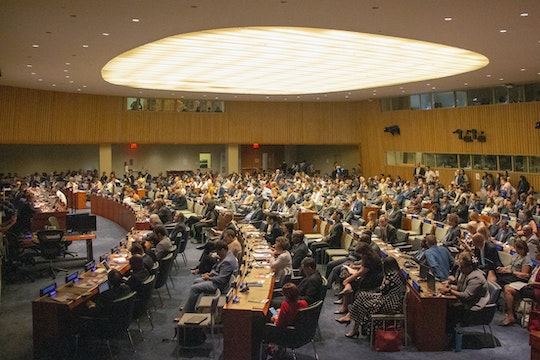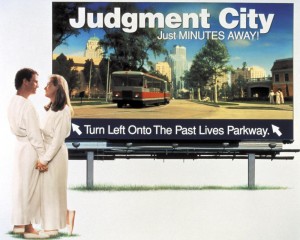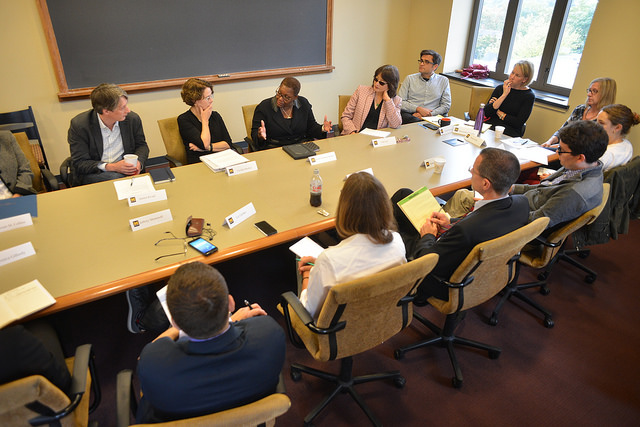“Human beings are members of a whole, in creation of one essence and soul.”
—Shaikh Saadi, 13th century Persian Poet

Image from Unsplash by Matthew TenBruggencate
Most nations are members of the United Nations, and send diplomats to the headquarters to hold meetings and make decisions about global issues.
The goals of the UN are:
- To keep world peace
- To help countries get along
- To improve living conditions for people all over the world
- To make the world a better place
Today’s quote can be found in the UN general assembly hall as a reminder to all people and all nations for unity.
EXERCISE:
How and in what ways are you and others in your various communities playing your part in this fundamental mission?
What additional steps can and will you take to bring greater unity to the world?






